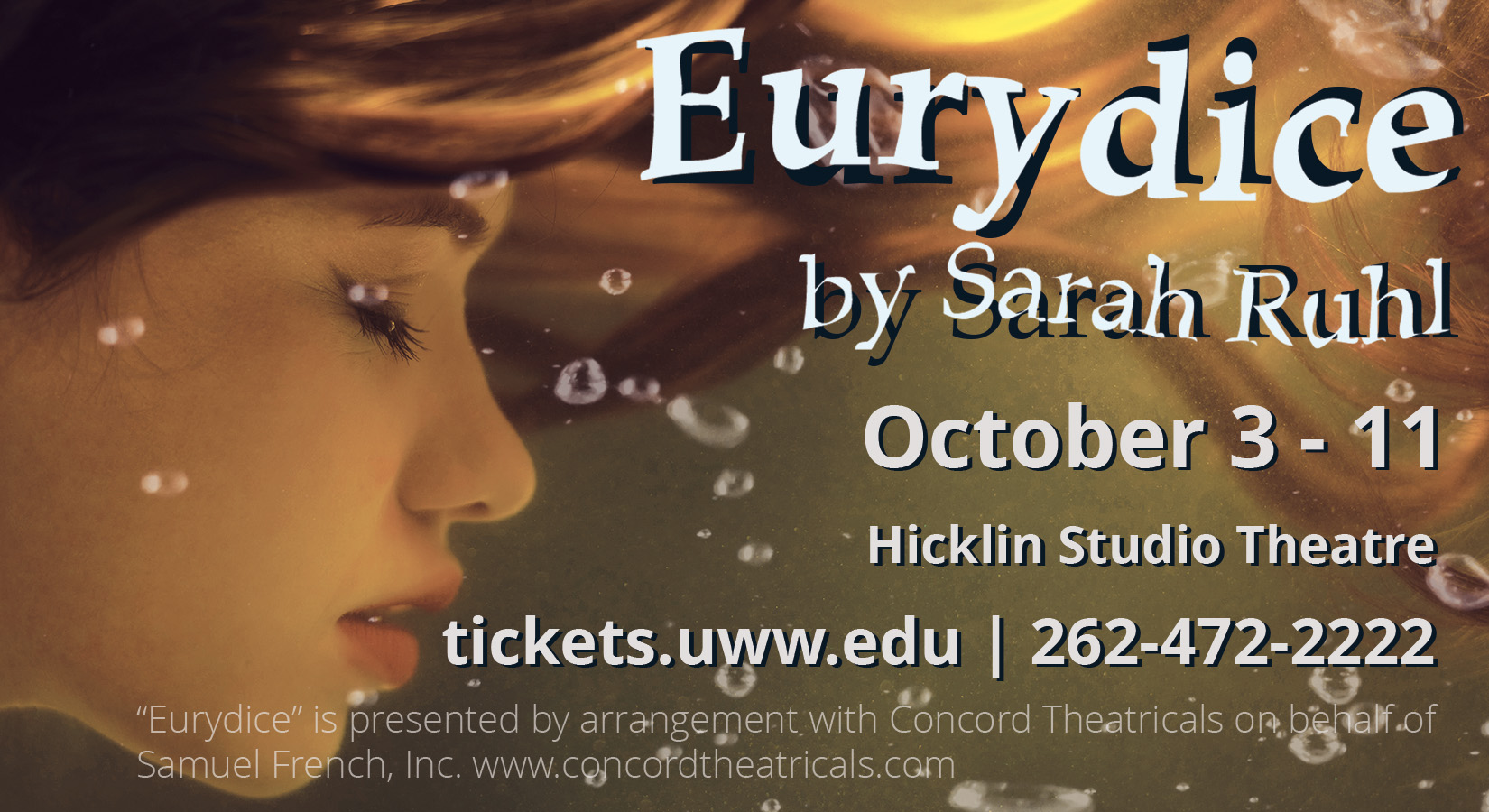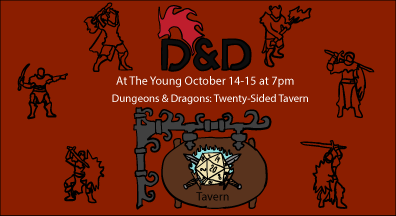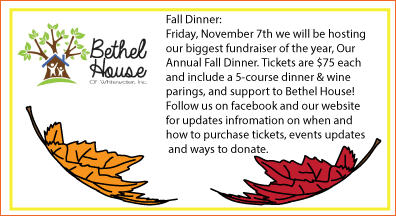Noting past native nations
October 14, 2019
Before the first student stepped foot onto the UW-Whitewater campus, multiple indigenous nations used to call this land home at one time or another.
And though these nations were here for a long time and certainly left their mark – including giving Whitewater its name, many are unaware of what was on the land before the university came to be.
But helping students to understand the history is the exact purpose of the Land Acknowledgement Statement formally called the ‘As We Gather Acknowledgment Statement’.
The statement was the brainchild of former Native American Cultural Awareness Association President, Cody Wing and put into action by Dr. Kenny Yarbrough, chief equity, diversity and inclusion officer with help from UW-Whitewater professor Anthony Gulig and the NACAA.
The first step, after gaining support from multiple people, including the chancellor, was for Yarbrough and Gulig to put a draft of the statement to propose to representatives of these native nations through the Great Lakes Inter-Tribal Council.
According to Yarbrough, this process of finding a middle ground between all the council people included months of deliberation.
“The tribal council [doesn’t] function like we function,” said Yarbrough. “Because they are native people, they really draw things from the land and seasons, and so I was told that this would be a lengthy process.”
But, by the end of May, the statement began to fulfill its original purpose – to inform everyone in attendance at university events that this was the university’s past.
And for Corissa Fargo, current president of the NACAA, having the statement read aloud at these events isn’t just important because it highlights the past, but also because it shines a light on those who still remain on the land.
“They’re still here, and the land is still connected to them,” said Fargo. “To recognize that they live here is kind of recognizing that they’re part of our history too.”













Sally Bean • Oct 15, 2019 at 11:46 am
So glad to read that UWW will acknowledge the indiginous peoples who inhabited the land on which the university sits. This is a common practice in Australia, one which impressed me and made me question why America does not do this. Kudos to the organizers for honoring the past and present residents!